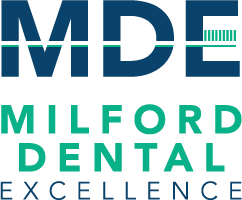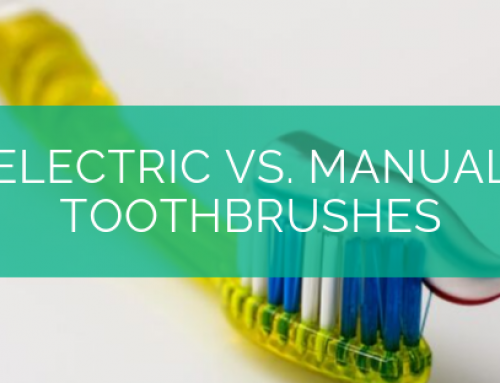What is the most important type of protective sports equipment? Lots of people would probably agree on a helmet. That answer’s not wrong since helmets prevent sports players from sustaining severe and deadly head injuries. But, for contact sports, mouth guards can be just as important to a sports player’s well-being as a helmet.
Nearly forty percent of all sports injuries happen inside the facial region, which includes numerous forms of dental trauma. Athletic coaches and dentists realize how important it is to instruct athletes about the importance of proper safety equipment and the gravity of injuries to the face, which is why they are so persistent when it comes to mouthguards.
As with a helmet, mouthguards have to be fitted so that they can protect you properly. A former president of the Academy for Sports Dentistry, Emilio Canal Jr, DDS, says, “Mouthguards are protective safety equipment in sports, so they need to be properly fitted. It’s no different than a helmet…You’re not going to give a football player a helmet that’s five times bigger than what he needs, because he’s going to run around and it will be moving all over the place. If he gets hit, it’s not going to protect him.”
There are several different types of mouthguards:
Stock mouthguards can be found in most sporting goods stores and pharmacies. However, dentists do not advise using this kind of mouthguard because it offers only a small amount of protection. Furthermore, one cannot adjust the fit, which makes it difficult to talk and breathe.
Boil and bite mouthguards function exactly as described. By boiling them in water, these mouthguards can be shaped to better fit the athlete’s particular bite. These kinds of mouthguards can also be found in sporting goods stores.
Personally-fitted mouthguards are the type of mouthguard that dentists recommend because they’re individually crafted to fit the athlete. A dentist makes a mold and then ships the impression to a lab where the mouthguard is created.
As we go headfirst into the warmer months, always make sure that you and your family are wearing the proper protective equipment. The following are a few of the most common dental issues associated with sports injuries. Consult with Dr. Egbert, Naylor, Powers, or Reineck about the different types of mouthguards and ask which one you should use. That way, you can avoid these problems.
• Crown fractures
• TMJ dislocation
• Missing teeth
• Intrusion









